
The West Firm Blog
Who Pays for Maintenance When You Sign a Commercial Lease?
Discover how maintenance responsibilities are typically divided in commercial leases, from structural repairs to routine upkeep, and how to negotiate favorable terms.
How Can You Protect Your Business Litigation on Appeal?
Discover the steps to strengthen your case on appeal, including preserving trial errors, meeting filing deadlines, and presenting persuasive legal arguments.
Can Neighbors Block Access to My House if They Own the Access Land?
Buying property in Albany’s historic hill towns can unexpectedly reveal a serious challenge: your sole access route might cross your neighbor’s property
How Does Return to Office Impact Commercial Real Estate?
Explore how shifting workplace policies are affecting office space needs, vacancy rates, and lease terms in the commercial real estate market.
How to Negotiate Your Commercial Lease
Discover key negotiation tactics for commercial leases, including rent adjustments, tenant improvements, and exit clauses that align with your business needs.
What Do You Need to Show in Order to Secure a Zoning Variance?
Understand the legal standards for obtaining a zoning variance, including demonstrating unique hardship, compliance with community plans, and minimal adverse impact.
What Are Adverse Possession Claims in New York?
Adverse possession laws in New York can allow individuals to gain legal ownership of property they’ve occupied without permission—but only under strict conditions. In this blog, The West Firm's real estate attorneys break down the essential elements, recent court interpretations, and what landowners need to know to protect their rights.
Is It Legal to Be Approached by a Solar Company?
Learn the rules around solar company solicitations, including your right to accept, decline, or negotiate terms before signing any agreement.
How Can Environmental Permits Hinder Advancement?
Discover how environmental permitting requirements may delay development, increase costs, or lead to project modifications, and how to address these challenges proactively.
Were You Accused of Breaching Your Commercial Lease?
Understand your legal options if a landlord claims you violated your lease, including dispute resolution, lease interpretation, and potential defenses.
What Is a Title Dispute and How Do I Solve One in New York?
Understand the causes of title disputes, including conflicting deeds, liens, and boundary issues, and the legal strategies available to resolve them effectively in New York.
How to Terminate a Commercial Lease
Learn the legal grounds and negotiation strategies for ending a commercial lease, from breach of contract to early termination clauses, while avoiding costly disputes.
Adverse Possession and Your Rights
Adverse possession allows someone who openly and continuously occupies another’s property—without permission—to potentially acquire legal ownership after a statutory period under New York law. This article explains the strict requirements like hostile, notorious, exclusive possession, tax payment, and claim of right, and highlights how New York’s 2008 statutory amendments modernized the doctrine.
What Is the Most Common Type of Commercial Lease?
Learn about the most common form of commercial lease, its key features, cost responsibilities, and how it affects both landlords and tenants in business property rentals.
What Due Diligence Provisions Are Outlined in a Letter of Intent?
Understand the critical due diligence terms often included in a letter of intent, including timelines, inspection rights, and contingencies that can safeguard your investment.
What Restrictions Can Apply When Buying or Selling a Property?
Explore the legal and contractual restrictions that can impact a property sale, such as zoning laws, deed restrictions, and environmental regulations, and how to navigate them effectively.
What Is Adverse Possession and Commercial Property?
Understand how adverse possession works in commercial real estate, including the legal requirements, potential defenses, and ways to prevent property disputes.
Do You Need a Letter of Intent for Commercial Real Estate Deals?
Learn the role of a letter of intent in commercial real estate transactions, including how it sets expectations, clarifies deal terms, and helps avoid disputes.
What Is a Quiet Title Action?
Learn how a quiet title action can establish clear ownership of real estate, remove liens or claims, and resolve boundary disputes through the court process.
What Are 3 Things to Consider When Closing on Commercial Real Estate?
Discover the most important legal and financial considerations before finalizing a commercial property purchase, including due diligence, contracts, and title review.


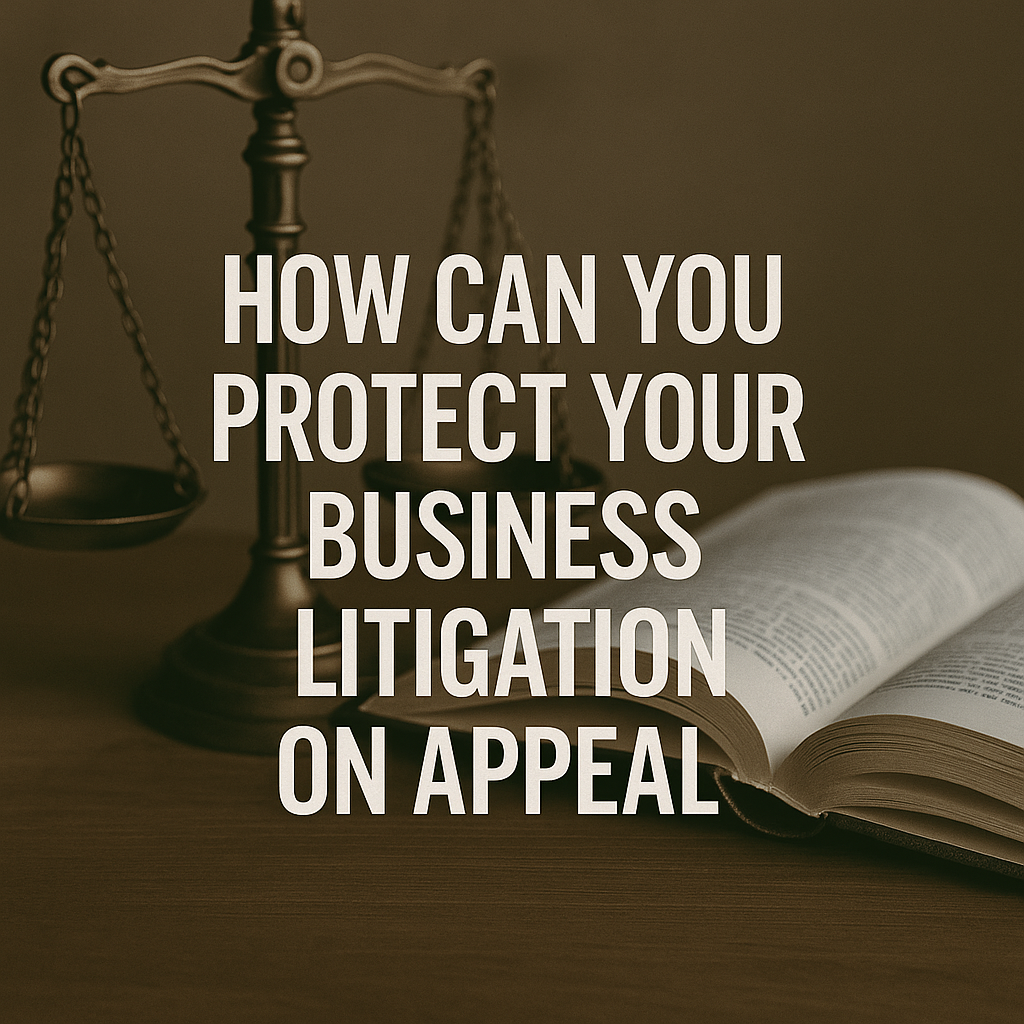

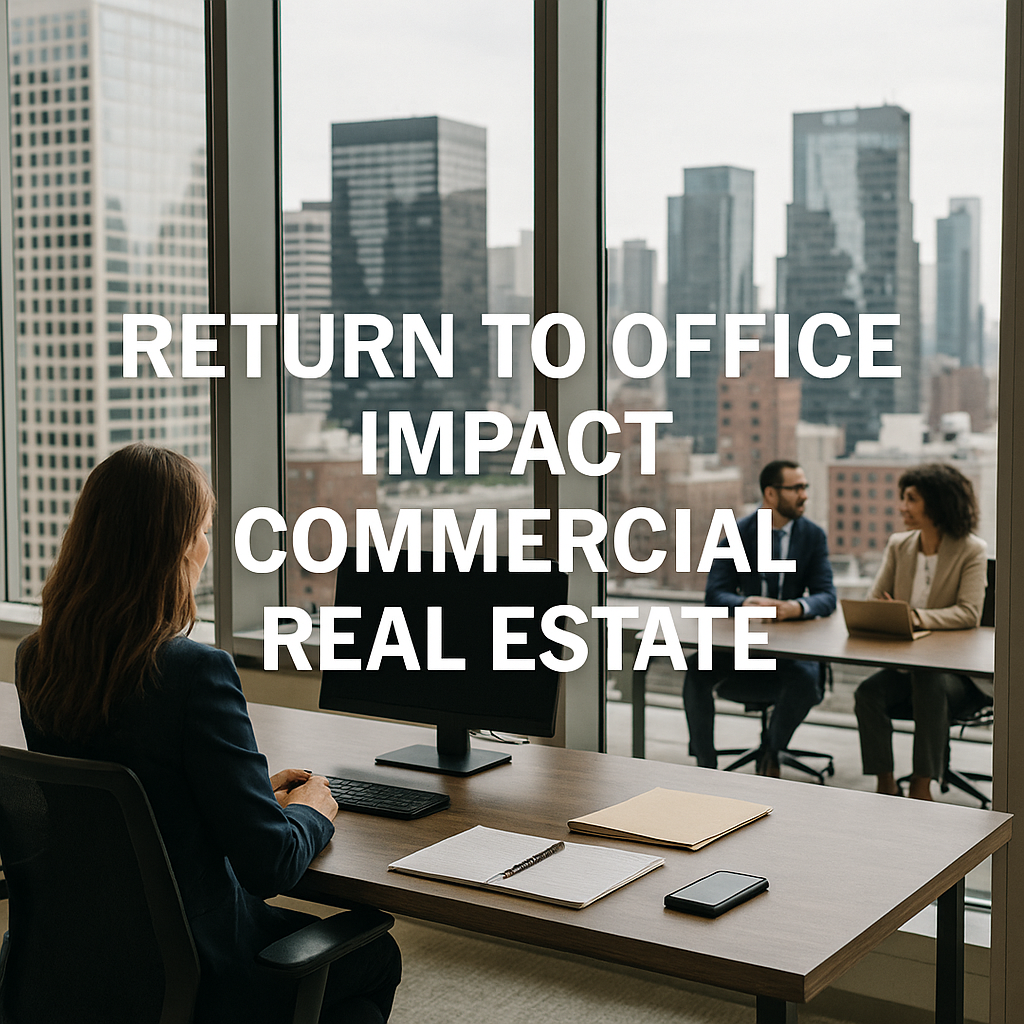

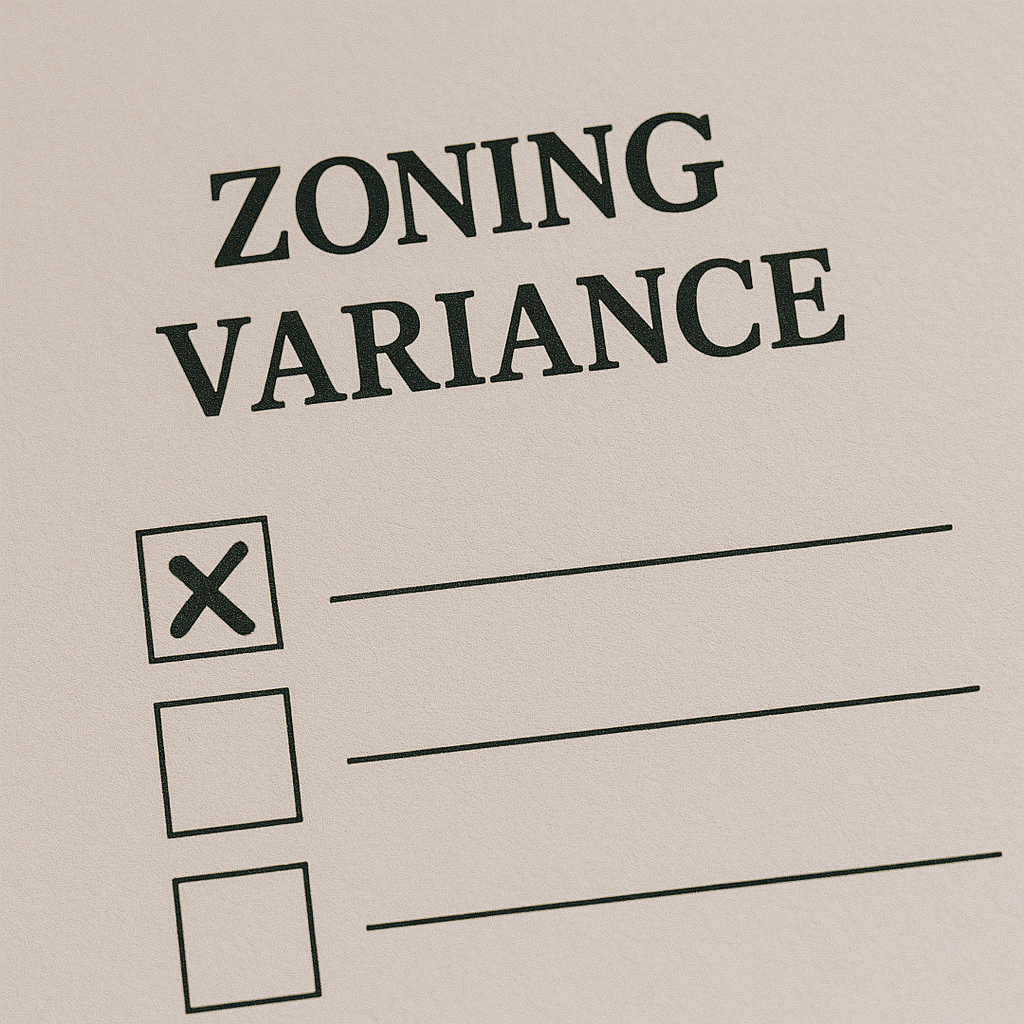




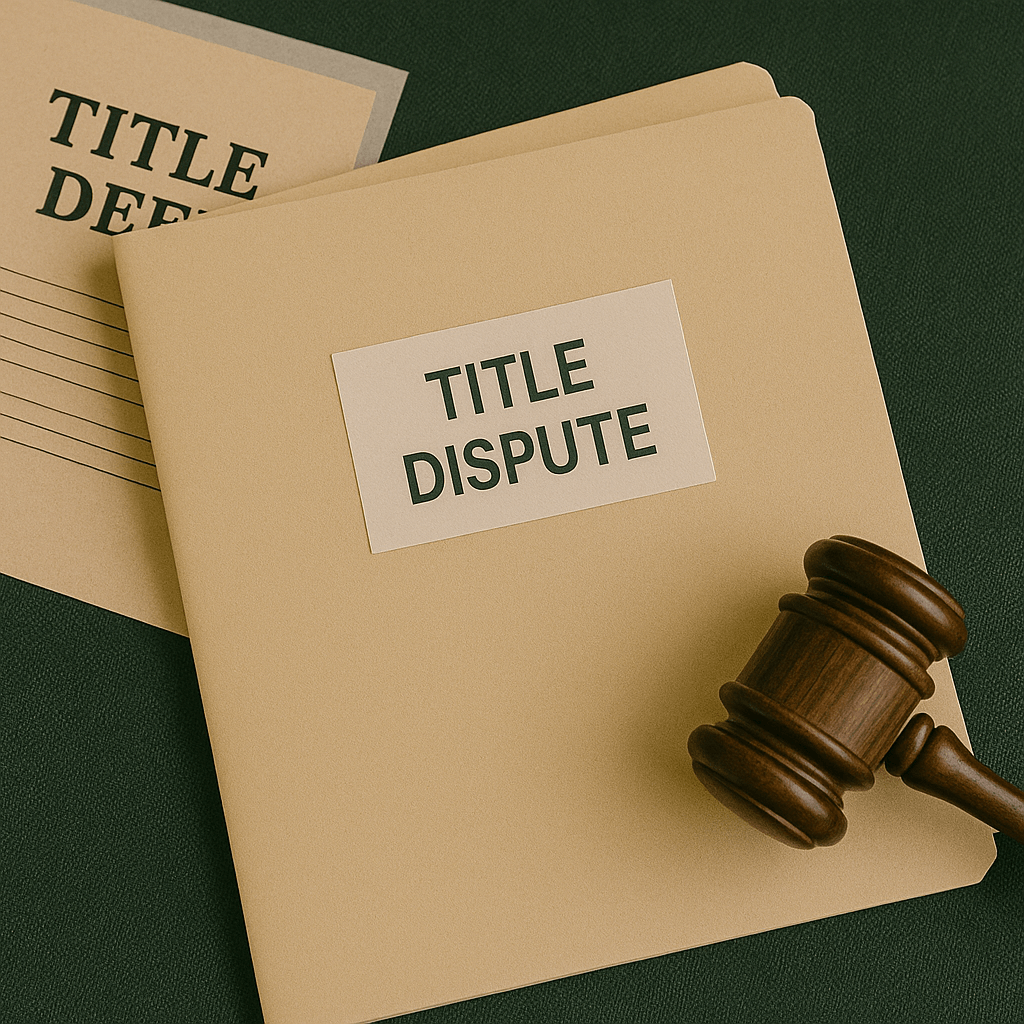







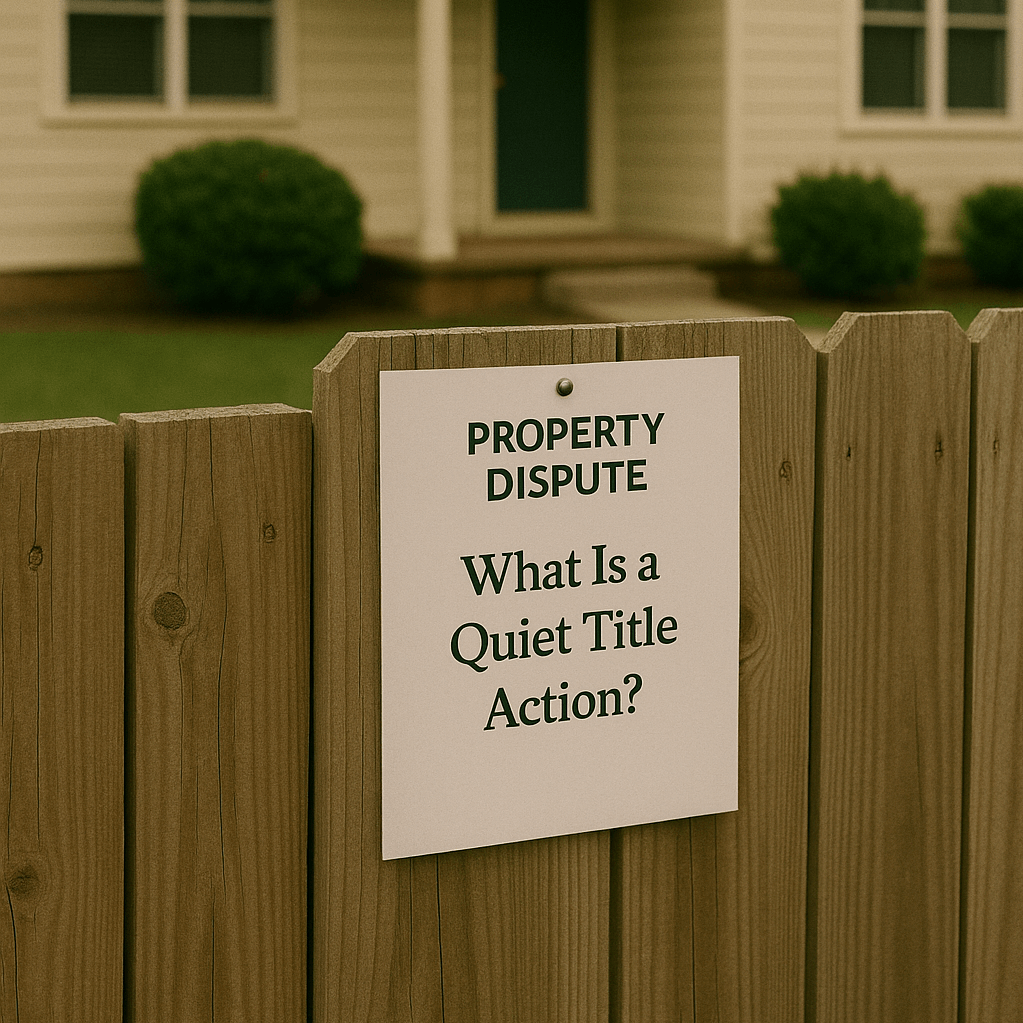

.png?content-type=image%2Fpng)